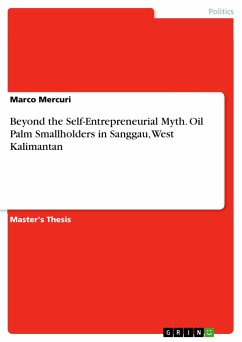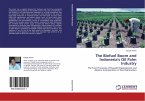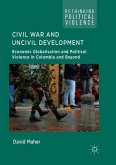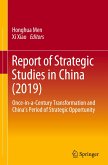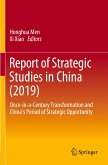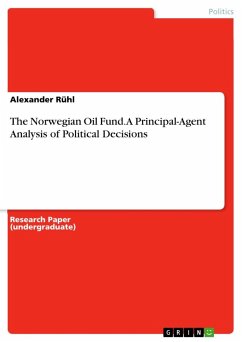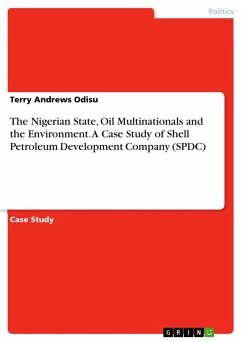Master's Thesis from the year 2015 in the subject Politics - International Politics - Topic: Development Politics, grade: 8.5, Radboud Universiteit Nijmegen (Anthropology and Development Studies), course: M.Sc. in Development Studies, language: English, abstract: The main theoretical contribution of this research can be found in the attempt of connecting - probably for the first time - structural violence with the exploitation of workers embedded into the global market through a specific commodity-chain. Even though any definition of structural violence leaves open the possibility of applying it to the impairment caused by economic structures, its implementation in an analysis of relations of production in order to study the labour exploitation within a specific industry is, certainly, a pioneering effort. In spite of a widespread awareness about exploitation of the agrarian working class in the Global South, the rhetoric about smallholders' inclusion into the global market tendsto conceal their exposure to exploitation behind the miraculous benefits of the self-entrepreneurial model. Nowadays - in the era of global capitalism - there exist new forms of surplus extraction beside the traditional wage-labour power exchange. Currently, the capital does not necessarily exert control over production throughout the direct ownership of every means of production. It can even leave the ownership of the land in the hand of smallholders as long as the appropriation of surplus value (typical of traditional wage-labour power exchange) continues to be exerted relentlessly thanks to the control over the transformation processes and the entire commodity chain. The surplus value produced by the smallholders' labour-power is extracted and diverted towards the companies through a complex combination of both formal arrangements and practices (e.g. monopsony, indebtedness, etc.) and enforced by a toolset of countless impersonal market mechanisms.

